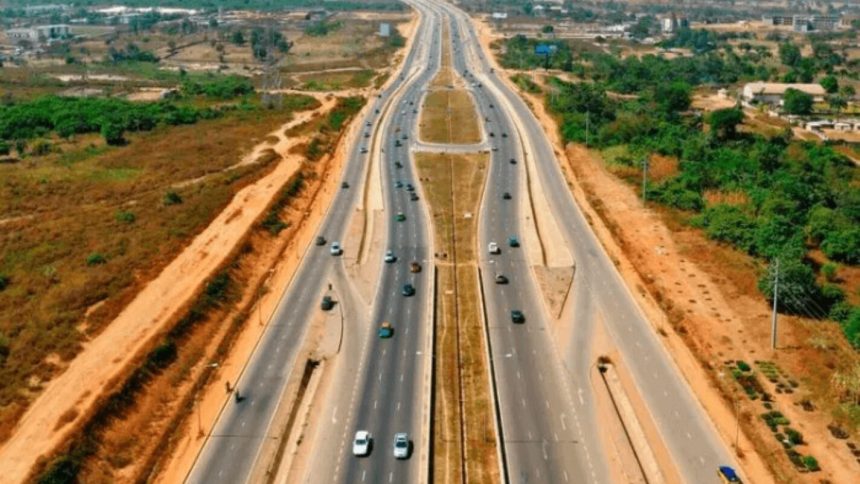The Federal Government’s decision to revoke all land approvals within the setback zone of the Lagos-Calabar Coastal Highway has raised fresh concerns among property developers, investors, and legal experts, amid fears of mounting financial losses and looming litigation.
Announced during the commissioning of Phase 1, Section 1 of the 750-kilometre project on May 31, 2025, President Bola Tinubu stated that no land approvals within the highway corridor would be spared, warning state governments—particularly Lagos—to halt new permits for developments on reclaimed or illegal island properties.
This policy move has stirred unease in Nigeria’s real estate and construction sectors, where stakeholders warn of significant losses to legitimate investors. Landmark Group’s demolished $200 million beachfront resort is seen as a key example of the fallout already underway.
“The federal government’s warning, if not handled transparently, risks disrupting ongoing projects, stalling investment plans, and eroding confidence in coastal development,” said one industry observer.
While some support the government’s move to curb unregulated developments along the lagoon shoreline—seen as contributors to coastal erosion, flooding, and displacement—others argue it could trigger a wave of litigation from owners with valid land titles.

Legal and property experts are divided on the legality of the revocation. Property lawyer Makinde Jolaosho noted that while the federal government’s authority is broad, clear communication with stakeholders is vital to avoid reputational and financial backlash. He added that federal interest in such strategic infrastructure often supersedes state authority under the law.
However, critics cite the Land Use Act of 1978, which grants state governors the power to allocate and revoke rights of occupancy. They argue President Tinubu’s directive infringes on this provision.
But proponents counter with Section 49 of the same Act, which exempts federal lands from state control, as well as the Lands (Title Vesting) Act of 1993, which vests lands within 100 metres of the 1967 shoreline and all reclaimed waterfronts in the federal government.
“Federal agencies can enforce control over these zones legally,” said an estate surveyor who preferred anonymity. “But the uncertainty created by this announcement could negatively impact property values and investor sentiment.”
He warned that potential losses could rise sharply if revocations are executed without compensation or clarity, urging developers and investors to conduct detailed due diligence before committing to projects along federal highway corridors.
As tension builds between state authorities, federal agencies, and private investors, analysts say the outcome could redefine the balance of power in Nigeria’s land administration landscape—especially in prime coastal regions.



